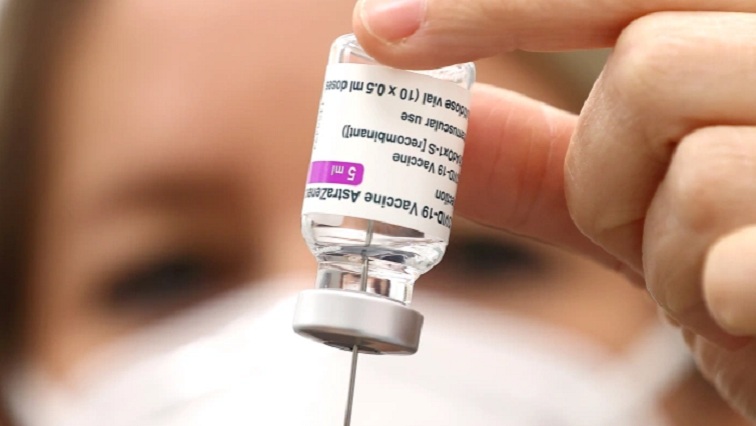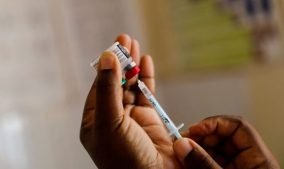An expert on the government Sisonke vaccination programme, Professor Linda-Gail Bekker says she stands by government’s decision to halt the rollout of the Oxford AstraZeneca during the first phase of the vaccination programme.
Although the AstraZeneca was found to be ineffective against the dominant strain in the country, some experts believed it could have been used to protect against the serious onset of the disease or death.
Prof Bekker, who is the Sisonke co-principal investigator, says the trial programme was a success.
Cape Town had its first site of the trial of the Sisonke programme in Khayelitsha.
President Cyril Ramaphosa and Health Minister Zweli Mkhize joined health workers to vaccinate.
South Africa had just received 800 000 doses of the Johnson and Johnson (J&J) vaccine. This was after a two-week delay as the Oxford AstraZeneca was rejected by some medical experts as being about 10% effective against the dominant strain. A million AstraZeneca vaccines were sent away.
Prof Bekker says the government made the right decision based on scientific evidence.
Video: SA’s decision to halt AstraZeneca vaccine rollout was the right one: Dr. Jeremy Nel
Some side effects have been recorded by some who received the J&J vaccine, but none were considered to be serious. About half a million healthcare workers have been vaccinated under the Sisonke programme, which ended in mid-May. But many in far-flung areas are still yearning for the life-saving dose. Bekker says all attempts are being made.
“We tried very hard, we sent mobile teams to the Eastern Cape, and we covered vast areas in the Eastern Cape, we sent mobiles to most far-flung areas, in Limpopo, the same in Mpumalanga and North West, and I think there might be very remote areas that we might not have been able to reach.”
Bekker also says they have been pleasantly surprised by the keen interest shown by the South African healthcare workers to get vaccinated, despite rumours of serious side effects.
“When we came to the 15th of May and the enrolment was stopped, there was exhaustion on the one hand because you’ve been going on for three months non-stop. On the other hand, huge relief that we have been able to get to the vast majority of health care workers, particularly because we were getting to see the third wave.”
It may take years for the country to reach herd immunity – or about 70% of the population vaccinated, but experts say lessons learnt from the Sisonke programme will go a long way towards more careful handling of the rollout of vaccines – with minimal wastages.
40 million people need to be vaccinated to achieve herd immunity.
Reaction to SA’s decision to halt AstraZeneca vaccine: Prof Mosa Moshabela






